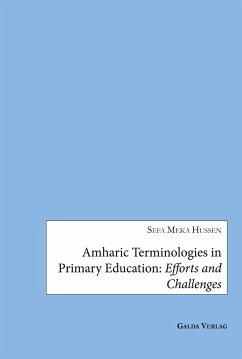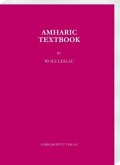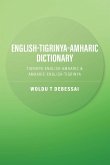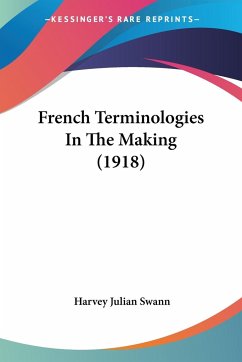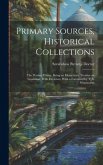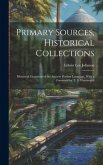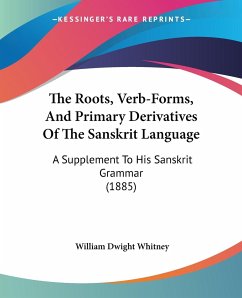Mother tongue education plays a tremendous role in enhancing learners understanding if the language is capable enough to express necessary academic concepts. Even if Amharic has served as a medium of instruction in primary education for more than half a century, issues that come from the dynamic nature of terminology needs serious follow up and investigation. Thus, the study, specifically, examined term development approach; terminology development, standardization and implementation mechanisms; term formation methods, stakeholders' attitudes towards primary education Amharic terminologies (PEAT) as well as challenges that affect the development, standardization and implementation of PEATs. The study has been conducted using embedded design of mixed research. Quantitative and qualitative data were collected through questionnaires from textbook writers, teachers, students and parents. Besides, interviews and focus group discussions were conducted with experts and students, respectively. Textbooks were also reviewed to gain data. Then, the data were analyzed using thematic and statistical techniques. The study revealed that textbook writers and curriculum experts are traditionally tend to use primarily puristic approach in order to coin transparent terms. Besides, the implementation of terminology development and advocacy mechanisms is not at a required level. Drawbacks were also observed when textbook writers and curriculum experts apply term implementation mechanisms. The study also discovered several challenges that hinder the development, standardization and implementation of PEATs. However, in relation to the efforts made to develop Amharic terms the study indicated that different term formation methods can be used in developing Amharic terms. Besides, the study disclosed that the attitude of students, teachers, parents and textbook writers towards Amharic terminologies is positive though there are some inappropriate terms that require revision. Lastly, in order to maintain stakeholders' positive attitudes towards PEATs as well as to overcome the challenges that face in developing, standardizing and implementing terms, the study, among other things, recommended planned execution of Amharic terminologies based on research, training, publicity and cooperation.
Hinweis: Dieser Artikel kann nur an eine deutsche Lieferadresse ausgeliefert werden.
Hinweis: Dieser Artikel kann nur an eine deutsche Lieferadresse ausgeliefert werden.

